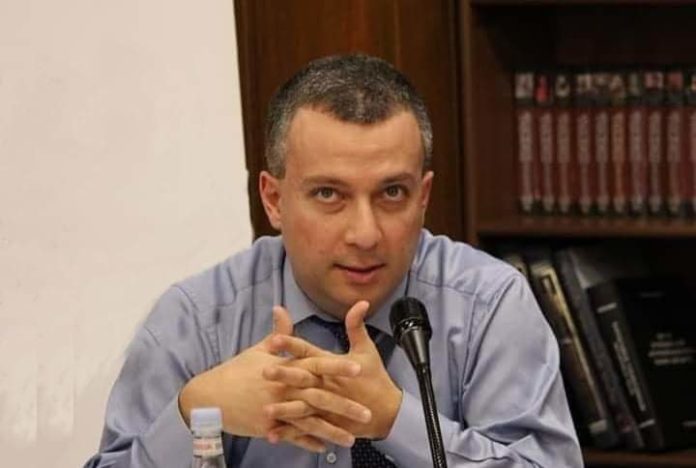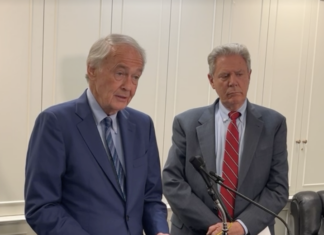As the US presidential elections approached, pundits and politicians worldwide sought to predict the outcome and explore scenarios for US foreign policy under Kamala Harris or Donald Trump. This was unsurprising: Despite the end of the unipolar world order and significant shifts in the global balance of power, the United States remains the superpower capable of global influence. The South Caucasus was no exception, as pundits debated the potential implications of the election results for the region. The uncertainty ended on November 5, as Donald Trump secured his return to the White House in January 2025.
What might the South Caucasus expect from Trump’s second presidency? To address this, it is crucial to examine the region’s potential role in US foreign policy under his administration. The South Caucasus was notably absent from Trump’s pre-election foreign policy agenda, aside from Trump’s statement on X, where he condemned Harris for doing “nothing as 120,000 Armenian Christians were horrifically persecuted and forcibly displaced in Artsakh” and promised to restore peace between Armenia and Azerbaijan. Two issues were central to his last campaign — the Russia–Ukraine War and escalating tensions between Iran and Israel — and they could significantly shape future geopolitical dynamics.
One of Donald Trump’s key foreign policy promises has been to end the war in Ukraine, though he did not disclose how he intended to achieve this. Such an outcome would likely require some form of understanding with Russia. If President Trump succeeds, it could significantly affect the South Caucasus. The war of attrition in Ukraine has consumed nearly all of Russia’s resources, limiting its ability to influence developments in the South Caucasus. It has also driven Russia–West relations to their lowest point since the Cold War, triggering confrontation and making the reduction of Russia’s regional influence a cornerstone of US policy.
This conflict has also elevated the roles of Azerbaijan and Turkey in Russia’s strategy. Ankara facilitates Russian imports of Western goods. Azerbaijan provides access between Iran and Russia with the International North-South Transport Corridor and enables the selling of Russian oil and gas disguised as Azerbaijani products to Europe.
These dynamics — Russia’s constrained capacities and strengthened ties with Azerbaijan and Turkey — have shifted the regional balance of power. They emboldened Azerbaijan to launch an offensive against Nagorno-Karabakh in September 2023, leading to the forced displacement of Armenians and the dissolution of the self-proclaimed republic. Meanwhile, US-Russia tensions have turned Armenia–Azerbaijan negotiations into another geopolitical rivalry and competition arena.
Suppose President Trump succeeds in ending the war in Ukraine and reaching an agreement with Russia. In that case, Moscow will likely redirect resources to the post-Soviet space, including the South Caucasus. This could also reduce US efforts to curb Russian influence in the region, a key factor behind the Biden Administration’s engagement. In such a scenario, Russia might resume — or more actively pursue — its role as the main mediator in Armenia–Azerbaijan negotiations. Additionally, Moscow might pressure Azerbaijan to deepen cooperation and join the Eurasian Economic Union. Armenia could face demands to realign its foreign policy, potentially limiting its expanding ties with the European Union and the United States, including the upgrade of the status of the US–Armenia bilateral dialogue to a strategic partnership commission, which was agreed during the US–Armenia Strategic Dialogue Capstone meeting in June 2024.








